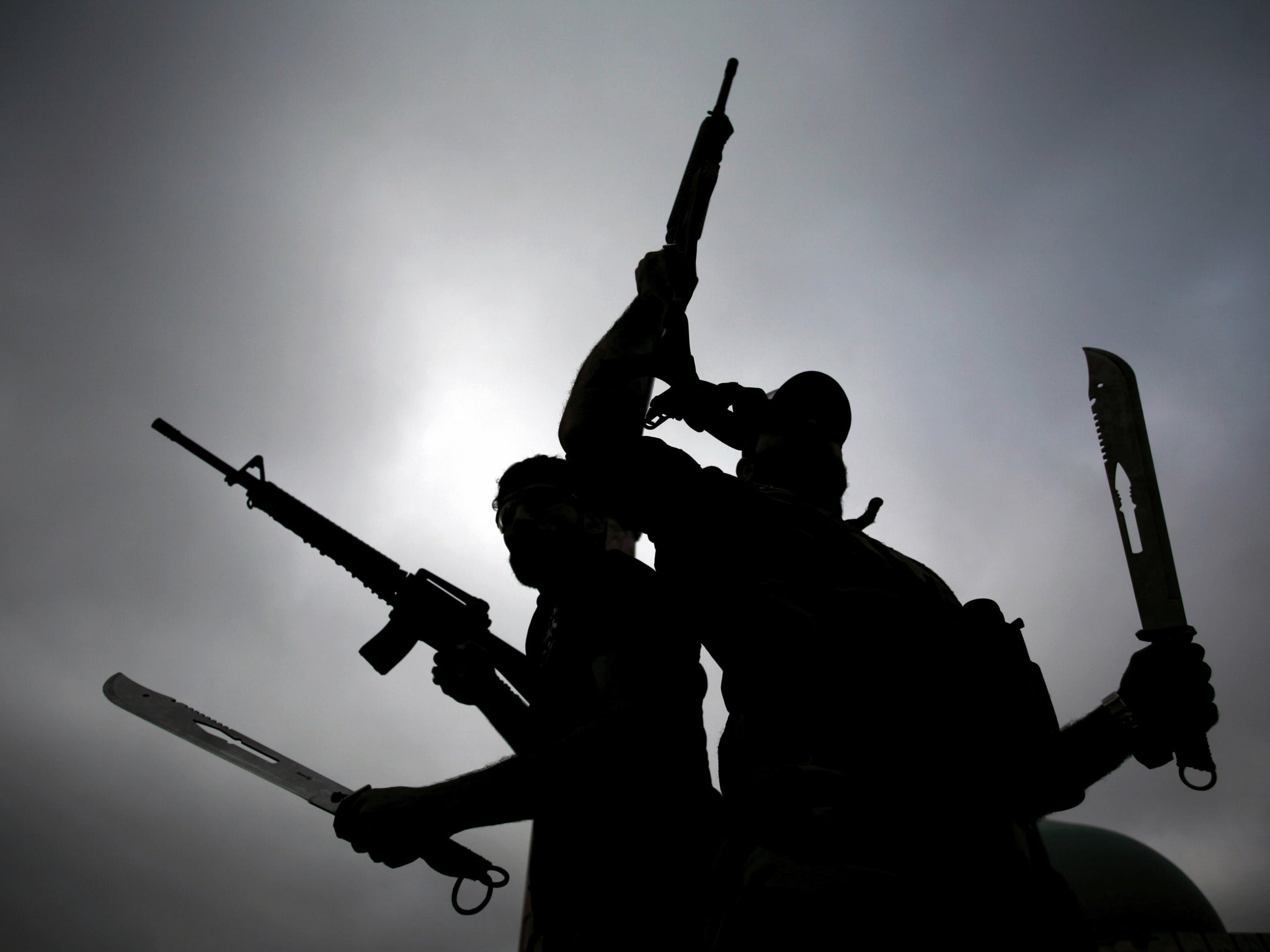War on Isis: Claims militants used chemical weapons against Kurdish fighters in Iraq
Germany said that 60 Peshmerga fighters had suffered breathing difficulties after an attack in the north of the country

Isis appears to have used chemical weapons against Kurdish fighters, according to officials from the US, Germany and the Kurds themselves.
Germany, whose soldiers are training Kurdish troops in Iraq, said in a statement on Thursday that 60 Peshmerga fighters had suffered breathing difficulties after an attack in the north of the country late on Wednesday.
The Daily Telegraph reported that dozens of mortar shells containing poison gas had been fired during the raid near the town of Makhmour and that some of the Kurdish fighters had suffered severe burns.
A German Defence Ministry spokesman said German troops were not present at the time, but added that “we have indications that there was an attack with chemical weapons”.
The Peshmerga General Command said in a statement: “The terrorist Daesh [Isis] launched 45 120mm mortar shells tipped with chemical heads on Peshmerga positions, which led to the injury of a number of Peshmerga forces with burns on different parts of their bodies.”
Iraqi, French and American experts went to the area to assess the claims, amid fears that Isis has managed to make chemical weapons.
Senior US officials told the Wall Street Journal that they believed Isis had used a form of mustard gas against the Kurds.
The officials said Isis could potentially have got the gas from stockpiles left over from Saddam Hussein’s era or those held by the Syrian government. In 2013, Damascus admitted having large amounts of mustard gas as it said it would give up its arsenal of chemical weapons.
Isis has been accused of using chlorine gas against the Kurds in two attacks in Syria in June.
Hamish de Bretton-Gordon, previously was commanding officer of the UK Chemical, Biological, Radiological and Nuclear (CBRN) Regiment, wrote in the Telegraph that Isis has “no boundaries in terms of its war of terror, and using chemical weapons is one of the ultimate ways of spreading fear and panic among its enemies”.
“We know that it has been trying to develop its own manufacturing programme in this regard, having recruited scientists and chemists in the two main cities that it controls – Raqqa in Syria and Mosul in Iraq,” he added.
He said the latest attack could have been mustard or chlorine gas.
“Mustard gas is a proper, proscribed chemical weapon that is roughly 3,000 times more toxic than chlorine,” Mr de Bretton-Gordon wrote.
Isis could have got mustard gas from a chemical weapons dump west of Baghdad that contained “the remains of Saddam Hussein’s chemical weapons stockpile, not all of which was destroyed after his fall”, he added.
“One has to assume Isis will try to use chemical weapons in the UK, but these kind of weapons don’t travel very well,” Mr de Bretton-Gordon said. “And while some jihadists will be equipped with the knowledge of how to manufacture some kind of bomb using industrial chemicals, I think Britons can rest assured that the police and security services are watching very closely for that kind of scenario.”
Join our commenting forum
Join thought-provoking conversations, follow other Independent readers and see their replies
Comments